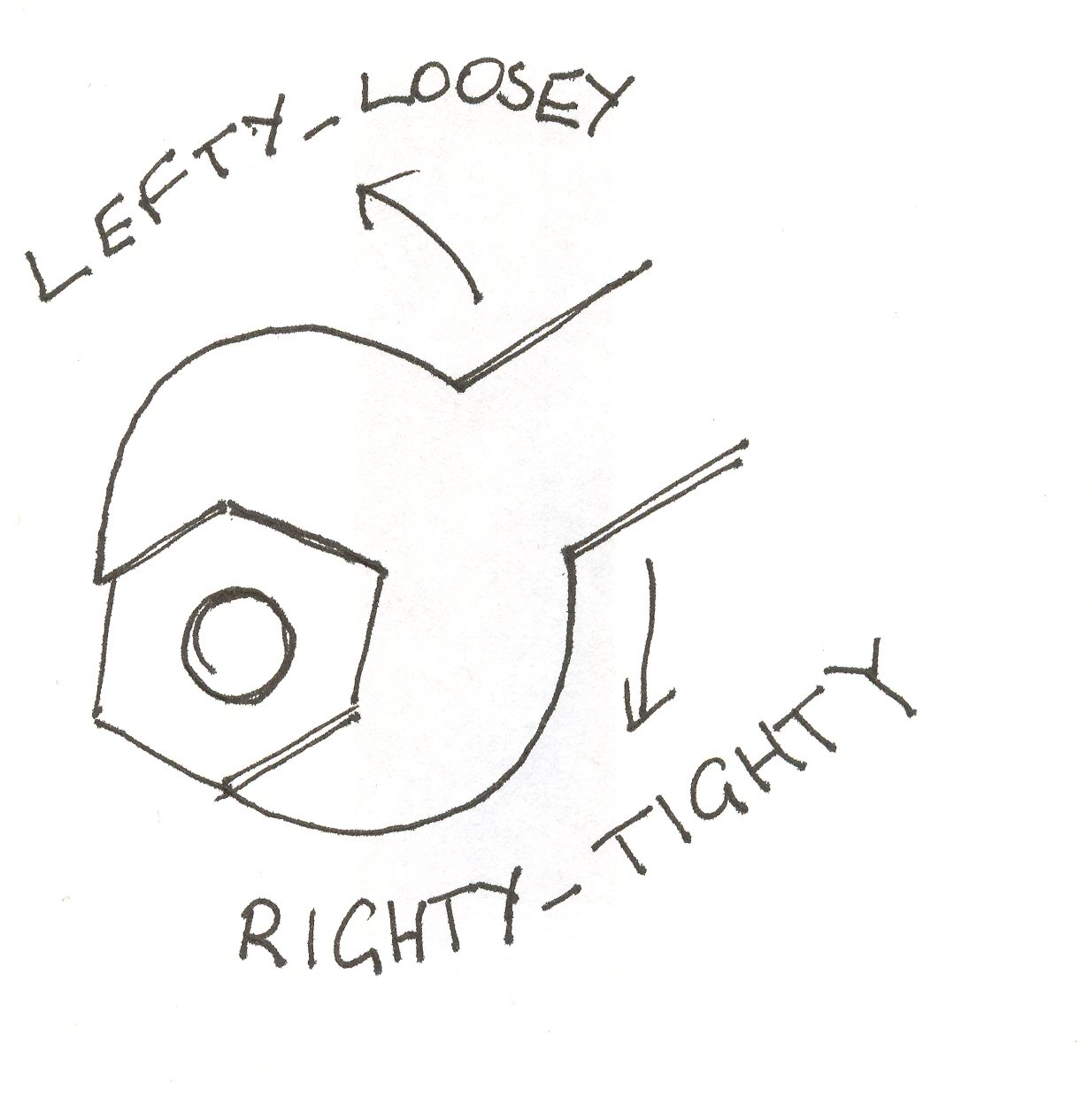this post was submitted on 13 Oct 2024
472 points (97.8% liked)
Asklemmy
44252 readers
1044 users here now
A loosely moderated place to ask open-ended questions
If your post meets the following criteria, it's welcome here!
- Open-ended question
- Not offensive: at this point, we do not have the bandwidth to moderate overtly political discussions. Assume best intent and be excellent to each other.
- Not regarding using or support for Lemmy: context, see the list of support communities and tools for finding communities below
- Not ad nauseam inducing: please make sure it is a question that would be new to most members
- An actual topic of discussion
Looking for support?
Looking for a community?
- Lemmyverse: community search
- sub.rehab: maps old subreddits to fediverse options, marks official as such
- [email protected]: a community for finding communities
~Icon~ ~by~ ~@Double_[email protected]~
founded 5 years ago
MODERATORS
you are viewing a single comment's thread
view the rest of the comments
view the rest of the comments

We have: "Nach fest kommt ab"
The phrase "Nach fest kommt ab" is a German saying that translates to "After tight comes off" in English. It's typically used to describe the idea that if you tighten something too much (like a screw), it will eventually break or come loose. It’s often used to remind people to not overdo things.
Yes, but that phrase does not tell you in which direction you have to turn to tighten it. So it doesn't really answer the question?
If the unscrewing is over done it is off, too. Fits both directions.